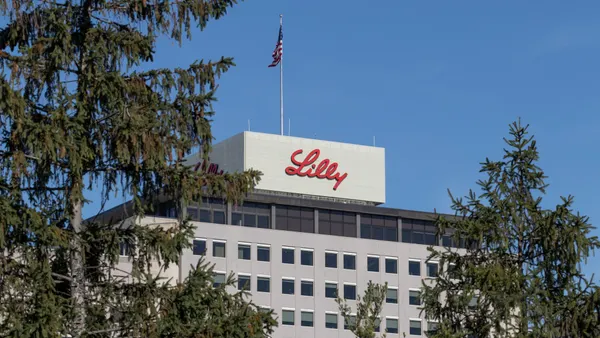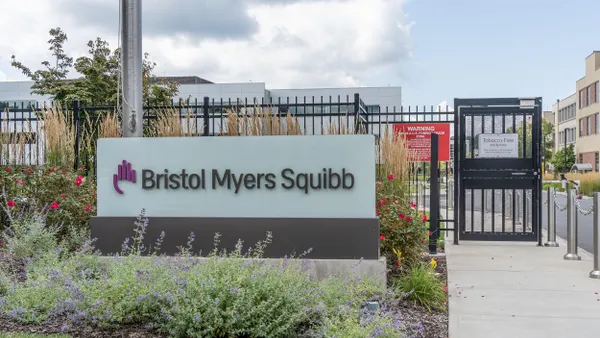Today, a brief rundown of news from Morphic Holding as well as updates from Novartis, the Parker Institute and Agenus that you may have missed.
No company other than Eli Lilly made a bid for Morphic Holding during several months of discussions that led to the July 8 agreement for Lilly to buy the immune disease drug developer for $3.2 billion, documents show. Over that time, Morphic contacted two other “large pharmaceutical companies,” one of which communicated interest in a partnership but not an acquisition. Nevertheless, Morphic successfully pushed Lilly to raise its acquisition price from an initial offer of $46 per share on April 29 to its final proposal of $57 per share. — Ned Pagliarulo
Novartis won’t yet file for approval of a bone cancer drug it acquired via a buyout of German biotech MorphoSys, choosing instead to wait for further study results before submitting an application, executives said Thursday. On a second quarter earnings call, CEO Vas Narasimhan said the company is looking to 48-week follow-up data from an ongoing trial to get “a stronger sense of the overall profile” of the drug, pelabresib, and to better understand what U.S. and European regulators want to see. Novartis had previously said it expected to file for U.S. clearance of pelabresib later this year, despite mixed study results that have led analysts to question its prospects. — Ben Fidler
The Parker Institute for Cancer Immunotherapy has another $125 million to invest in oncology research, announcing Thursday the largest funding commitment since its 2016 founding. The institute, which was founded by Napster creator Sean Parker, plans to distribute the money over the next five years as grants to researchers in its network, which includes hospitals at major academic centers like Weill Cornell Medicine. — Ned Pagliarulo
The Food and Drug Administration has “discouraged” Agenus from seeking accelerated approval for an immunotherapy drug combination it’s developing for a form of colon cancer, the company said Thursday. According to Agenus, the agency is skeptical whether overall response rates reported in Phase 2 testing will translate into a survival benefit, and advised against submitting those data for an expedited clearance. Shares lost about 60% of their value Thursday. — Ned Pagliarulo













